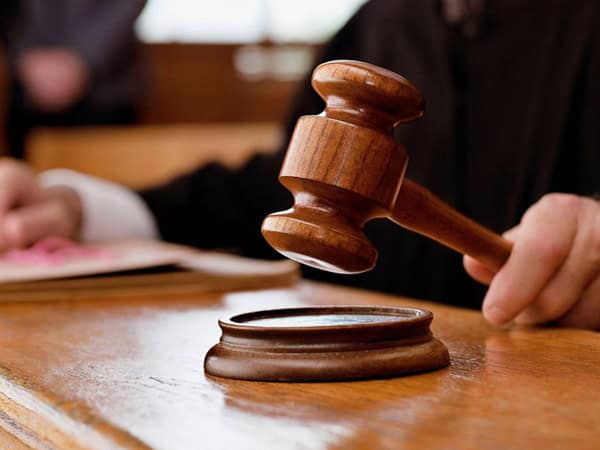Islamabad: Pakistan’s Supreme Court on Thursday fixed January 29 for hearing a review petition over its decision to overturn Christian woman Aasia Bibi’s conviction in a blasphemy case.
A three-member bench headed by Chief Justice Asif Saeed Khosa will hear the review petition against the acquittal that had sparked three-day mass protests led by the hardline Islamist party Tehreek-e-Labbaik Pakistan (TLP), Dawn online reported.
On October 31, the apex court had acquitted Bibi, a mother of five, who spent eight years on death row in a prison in Multan. She was accused of insulting Prophet Muhammad in 2009 and a court sentenced her to death in 2010.
The protests were called off after the TLP reached an agreement with the government, the foremost condition of which was the placement of Bibi’s name on the Exit Control List (ECL).
The government, however, only agreed to “initiate the legal process” to place her name on the list, while also agreeing that it would not oppose any review petitions being filed against the top court’s judgment.
After her release on November 7, Bibi was flown to Islamabad onboard a special aircraft. She was then taken to an undisclosed place amid tight security. Authorities have remained tightlipped about her movement and whereabouts for security reasons.
The review petition in the case was filed on November 1 and it sought the placement of Bibi’s name on the ECL till the judgment was reviewed.
In the petition, it was argued that the Supreme Court’s acquittal of Bibi did not meet the standards of jurisprudence as well as Islamic provisions and the “normal principle of justice with reference to application in blasphemy laws”.
It further asked that a member of the Appellate Shariat Court be included in the bench “due to the peculiar circumstances of the case”.
The petition also challenged the dismissal of the alleged “confession” that Bibi was forced to make by the people of her village and argued that the top court should have applied the law of evidence differently in this case.
[source_without_link]IANS[/source_without_link]

